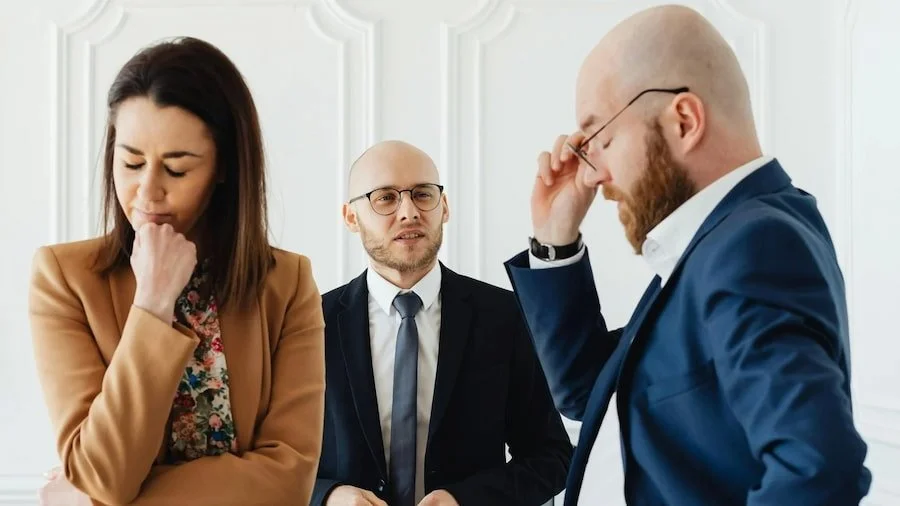How Couples Therapy Differs When ADHD Is a Factor
When ADHD is part of a relationship, it’s not just the individual with ADHD who feels its effects—both partners are impacted. That’s why couples therapy often shifts gears to meet the unique needs that ADHD brings to the table. The focus isn’t only on improving communication or working through conflicts, but also on understanding how ADHD influences everyday life and the relationship dynamic.
Focusing on ADHD Symptom Management
ADHD symptoms don’t stay confined to one person; they can ripple through many aspects of a relationship. To address this, couples therapy often includes discussions about how to manage these symptoms effectively. A therapist might help the ADHD partner explore options such as medication, behavioural adjustments, or lifestyle changes to reduce disruptions.
Beyond medication, therapy may introduce practical tools to improve daily routines. For example:
Task organization methods: Breaking chores into smaller, manageable steps.
Time management strategies: Using phone alarms or shared calendars to ensure important commitments are remembered.
Minimizing distractions: Identifying patterns that pull attention away, like phone use during conversations, and creating plans to avoid them.
These aren’t just about addressing frustrations; they aim to give the ADHD partner a sense of structure and relief while helping the relationship feel more balanced.
Why Specialized Training Matters
Not all therapists are the same when it comes to understanding ADHD. Couples dealing with ADHD benefit most when their therapist has specific training or experience in this area. Why? Because ADHD in relationships can be complex, and standard therapy approaches often miss the mark.
A specialized therapist understands that symptoms like impulsivity or forgetfulness aren’t intentional behaviours but rather the result of how ADHD works. They can explain the “why” behind actions that might otherwise feel personal or hurtful. This insight can shape therapy techniques, ensuring they’re realistic and suited to the couple’s needs.
For instance, instead of expecting consistent eye contact or zero interruptions during difficult conversations, an ADHD-trained therapist might coach the couple on ways to communicate without letting those symptoms derail the discussion. This tailored approach fosters more understanding and less blame.
Conclusion & Call to Action
When ADHD is part of a relationship, couples therapy needs to look a little different. By focusing on symptom management and working with therapists who truly understand ADHD, couples gain the structure and insight they need to build stronger, more balanced partnerships.
Learn more about our ADHD Couples Retreats in Edmonton and discover how specialized support can help your relationship thrive.

